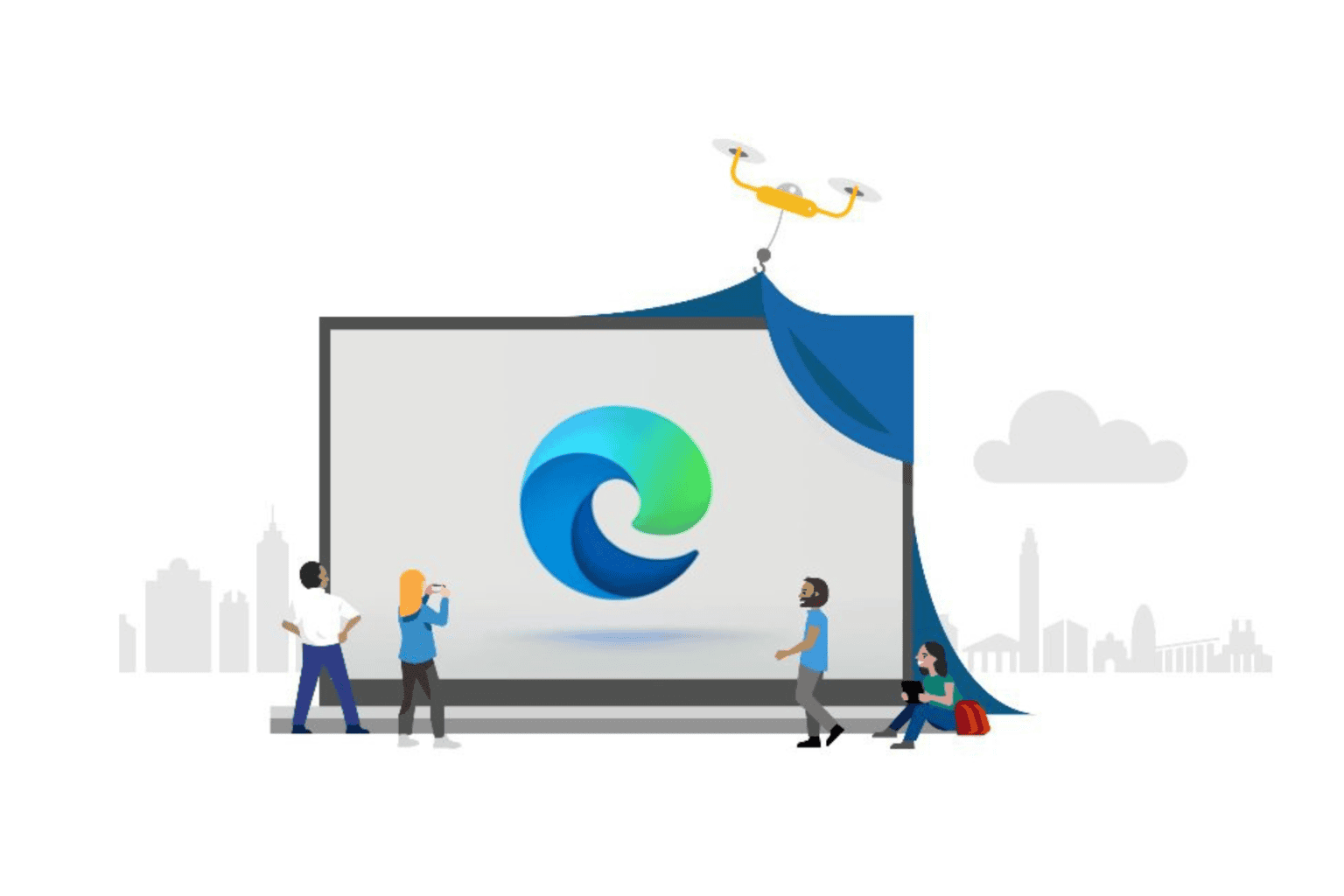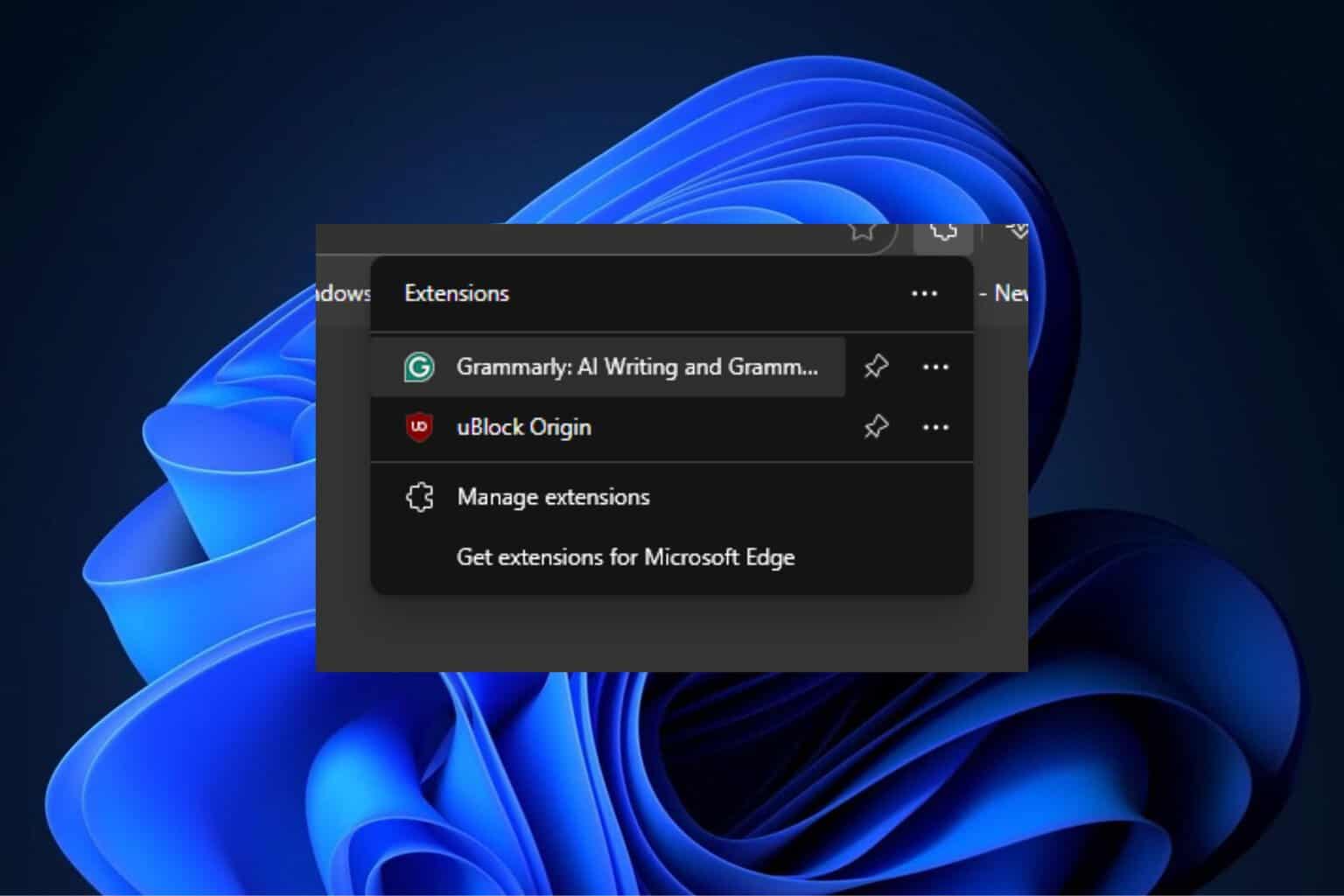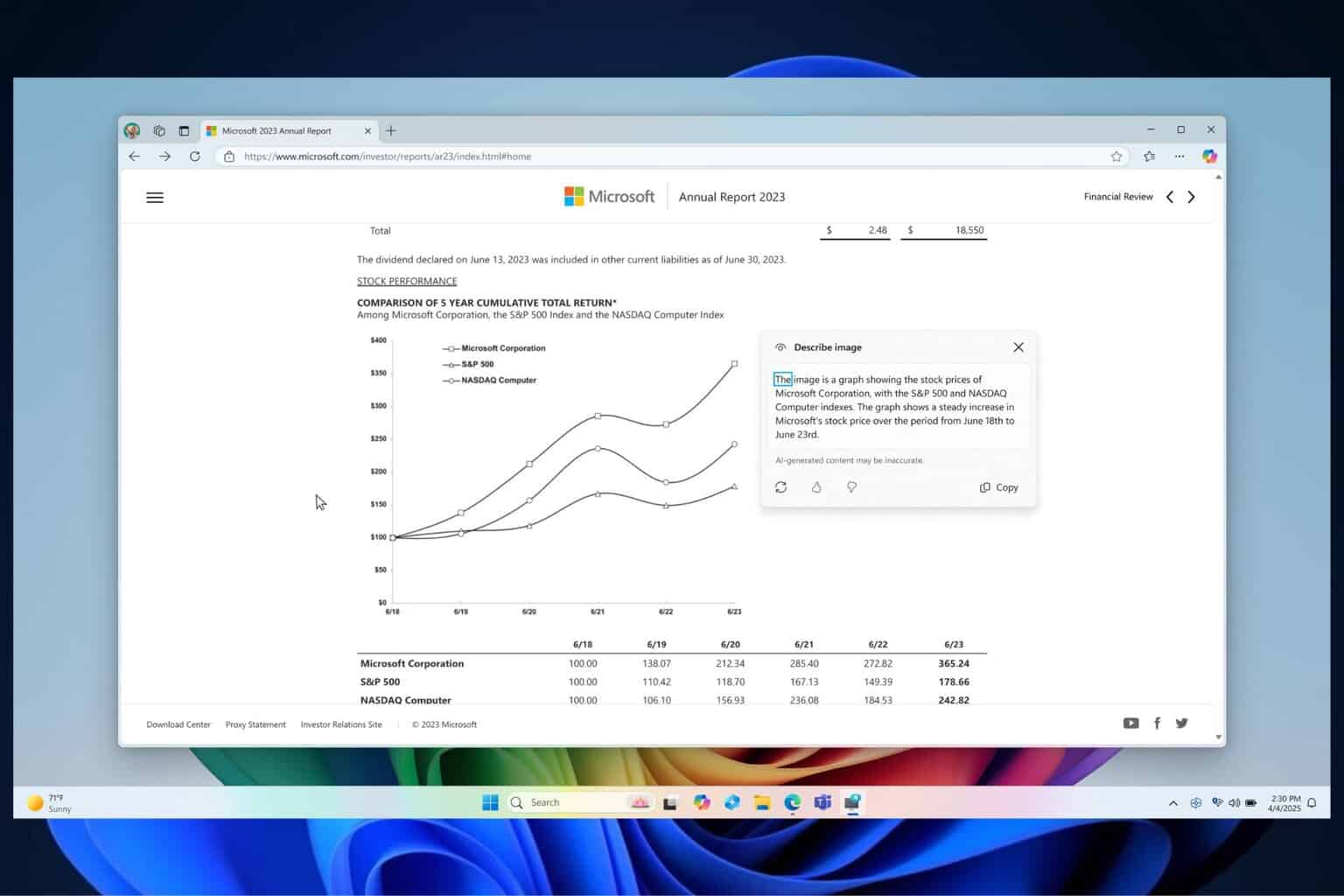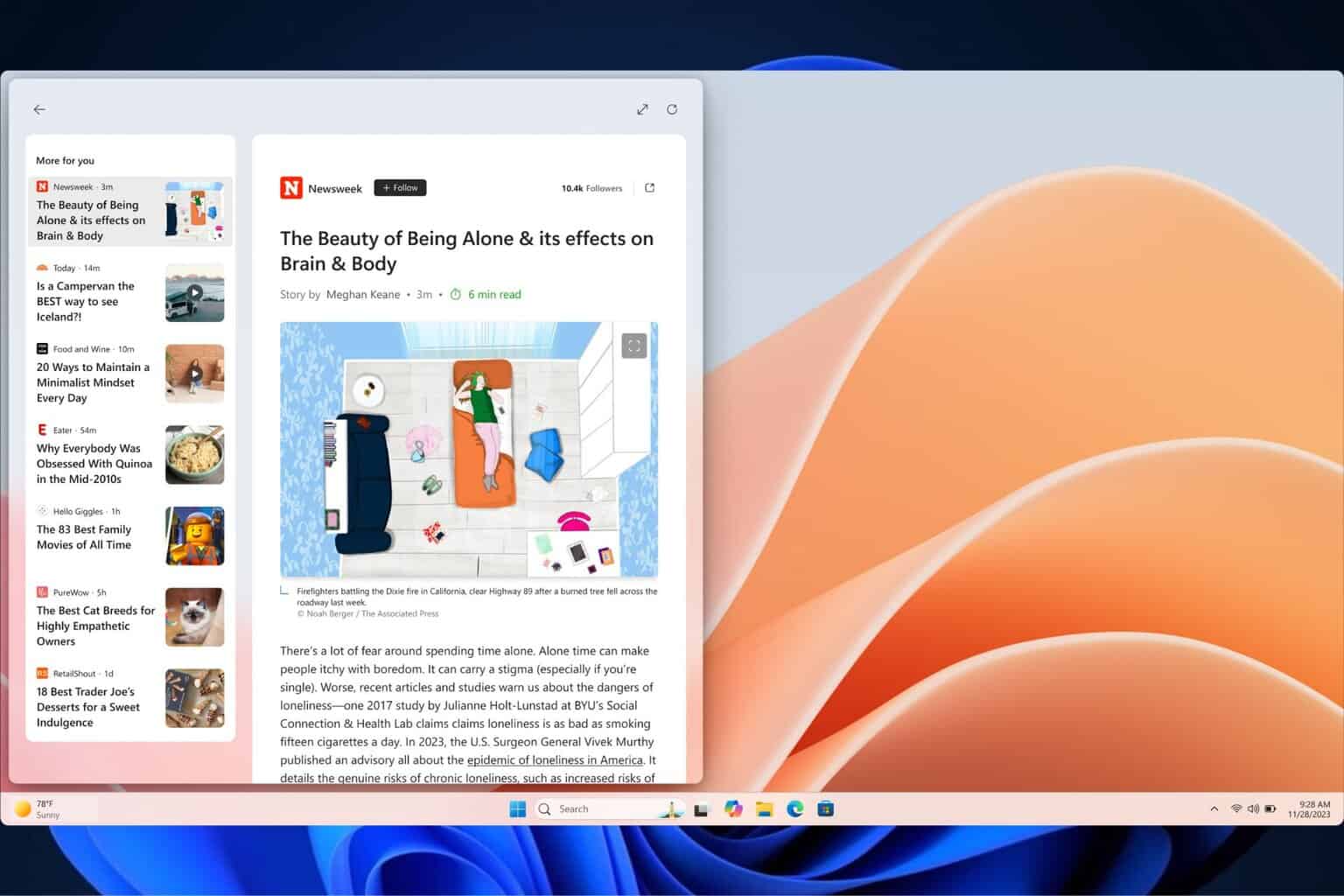Chrome on Windows gets Performance Boost with PartitionAlloc Expansion
Chrome will be more faster and likely to use less memory
2 min. read
Published on
Read our disclosure page to find out how can you help Windows Report sustain the editorial team. Read more

Good news for Windows Chrome users! Google is expanding the use of PartitionAlloc, its memory management tool designed for speed and efficiency, within the Windows component build of Chrome. This broader adoption could lead to noticeable performance improvements, making your browsing experience smoother.
Back In March 2021, Google introduced PartitionAlloc, its custom memory allocator designed for faster performance, efficient memory usage, and improved security. Initially, PartitionAlloc was implemented within Blink, Chrome’s rendering engine.
Building on this success, Google significantly expanded its use with Chrome 89. They implemented PartitionAlloc everywhere on Android and 64-bit Windows versions of Chrome by intercepting the standard memory allocation function (malloc). This resulted in memory and performance improvements.
Now, Google is taking PartitionAlloc to another level. A new commit spotted by us, Windows Report, suggests the company is pushing for even broader adoption of PartitionAlloc. This commit focuses on enabling PartitionAlloc-Everywhere within the Windows component build of Chrome. This could lead to further performance and memory improvements for Windows users.
“[PA] Support PartitionAlloc-Everywhere on Windows component build. To use allocator_shim for the Windows component build, all shared libraries and executables must be linked with allocator_shim.dll.
(i.e. perfetto, icu, v8, blink_core, blink_modules, and so on). Instead of modifying BUILD.gn-s, update //build/config/BUILD.gn to make all shared libraries and executables depend on PartitionAlloc with build_with_chromium guard.” Google notes.
Supporting PartitionAlloc more extensively within the Windows component build could bring several advantages to Chrome users on Windows:
Potential Performance Boost: PartitionAlloc’s focus on low allocation latency could translate to a smoother and faster Chrome experience.
Improved Memory Efficiency: Optimized memory usage by PartitionAlloc can potentially free up system resources and lead to a more responsive browser.
Users of Chrome on Windows can potentially look forward to performance improvements when Google successfully lands PartitionAlloc-Everywhere within the Windows component build.
In addition to PartitionAlloc improvement, Chrome is getting other features like Performance issue alert notifications, HTTPS-First Balanced Mode, and Google plans to deprecate Password leak warnings.









User forum
0 messages